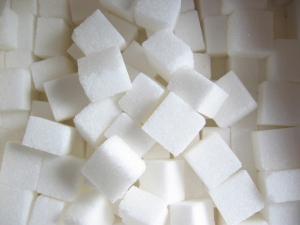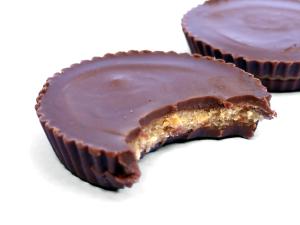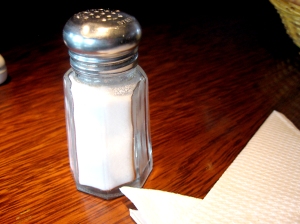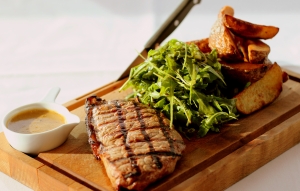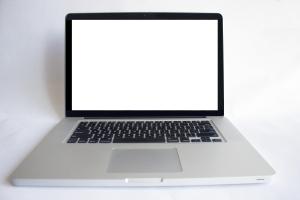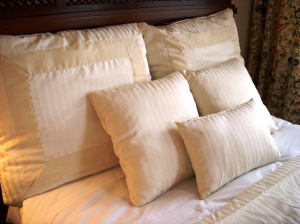Okay so usually I would post about something a bit more serious… lifestyle tips and tricks to help you get into a better sleep routine. We are nearing the end of semester which means you’ll inevitably encounter some sleepless nights finishing an assignment or getting ready for that exam that you are so prepared for (ha!)
Here’s a video by renowned YouTube personality and make up artist Wanye Goss teaching us how to look a little less tired!
http://videos.nymag.com/video/How-To-Look-Less-Tired
I’m well aware that my male readers will be less inclined to try these tips but I couldn’t help but share!
Wayne’s tip:
1. Apply an under-eye brightener such as a liquid corrector (Wayne uses a Bobbi Brown one) on the top of the cheekbone and blend with fingers by using tapping and pressing motions. Remember to not carry the product all the way up under the lashes as it may have the reverse effect and make you look tired!

